Kpop Idol Lifestyle: Behind the Glitz and Glamour
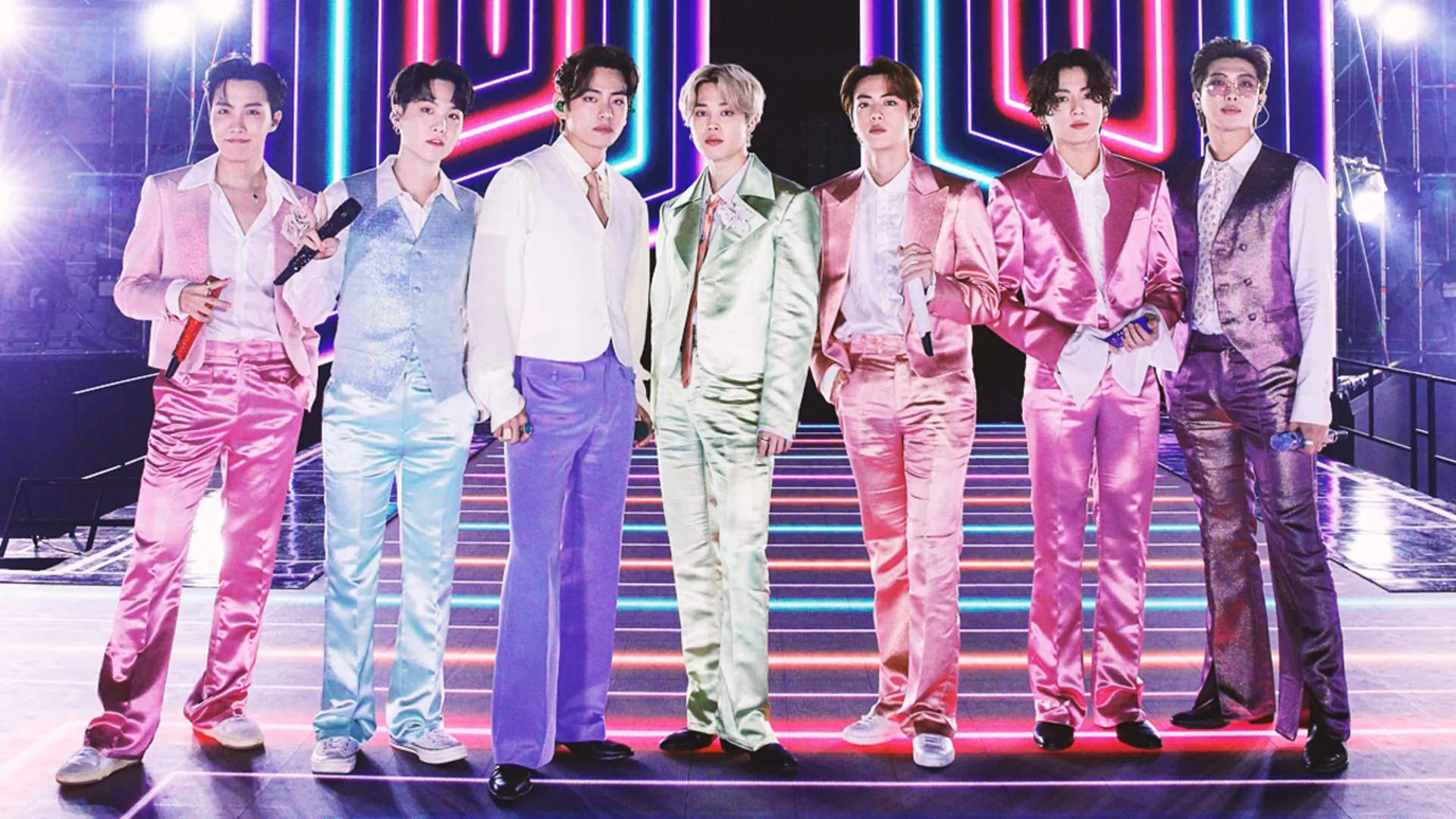
K-pop, short for Korean pop, is a global phenomenon that has taken the world by storm, from its high-energy performances to its catchy tunes and dedicated fandoms. But behind the glitzy music videos, vibrant performances, and millions of fans, lies the challenging and often grueling lifestyle of K-pop idols. This lifestyle, marked by immense discipline, long hours, and continuous pressure to maintain perfection, is a world that only a few are privileged to experience. The lifestyle of K-pop idols is not just about fame and fortune; it is a journey of constant sacrifice, dedication, and hard work.
This story delves into the intricate aspects of the K-pop idol lifestyle, examining the day-to-day realities, the demanding schedules, the intense training, and the impact that being a K-pop idol has on personal life and well-being.
The Training Years: The Foundation of a K-pop Idol
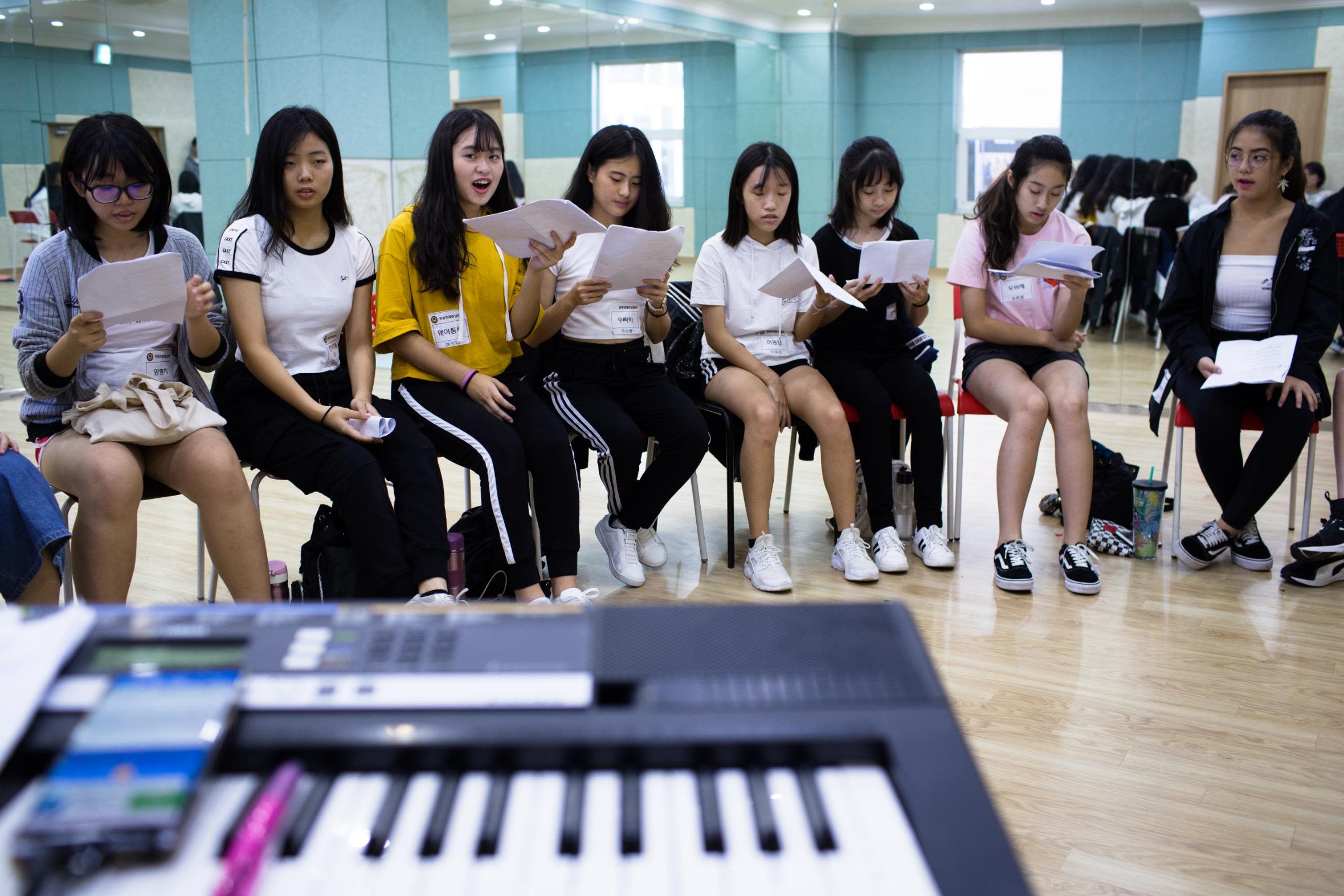
Becoming a K-pop idol is not an overnight journey. For most K-pop idols, their careers begin long before they debut on stage. It starts with years of training under the guidance of a management company, often from a very young age. The process can be rigorous, with idols spending years perfecting their skills in singing, dancing, acting, and sometimes even learning foreign languages to appeal to international fans. This stage in the K-pop idol lifestyle is crucial, as it determines whether an individual has the potential to make it into a successful group.
Most K-pop idols are discovered through auditions held by major entertainment agencies such as SM Entertainment, JYP Entertainment, YG Entertainment, and Big Hit Entertainment (now HYBE). Some idols are scouted directly by these agencies, while others may audition through open calls. The competition is fierce, with thousands of hopefuls vying for a spot. Once accepted, trainees enter a highly competitive and demanding environment where they undergo years of training.
During these training years, K-pop idols often live in shared dormitories, away from their families, which can lead to a sense of isolation. Their days begin early and end late, often starting with vocal practice followed by dance rehearsals, language lessons, and other skill development sessions. Meals are often rushed, and rest periods are brief. This lifestyle is both physically and mentally exhausting, but it is essential for trainees to make it through, as only the best get the chance to debut as K-pop idols.
The Debut: Stepping Into the Spotlight

After years of hard work, if a trainee is fortunate enough to debut, the K-pop idol lifestyle shifts dramatically. For those who make it into a K-pop group, the first few years are filled with intense schedules. Once a group is formed and their debut date is set, idols are expected to maintain a flawless public image while continuously promoting their music, attending interviews, and performing on various shows. The pressure to be perfect, both on stage and off, is immense.
Debuting in K-pop is often a high-pressure event. The training, sacrifices, and long hours come to fruition, but the pressure to succeed only intensifies. K-pop idols face scrutiny from fans, critics, and the media. From the moment they step onto the stage for their debut performance, they are expected to be polished performers, both vocally and in terms of their dance moves. It is no surprise that many K-pop idols feel immense pressure to live up to these expectations.
While the spotlight is often glamorous, the K-pop idol lifestyle behind the scenes is anything but easy. The reality of performing is physically demanding, with rigorous dance routines that require hours of practice and preparation. Idols often perform in high heels or elaborate outfits, which can take a toll on their bodies. Additionally, the fast-paced nature of K-pop means that idols are constantly jumping between rehearsals, promotions, and interviews, leaving little room for rest or personal time.
The Grueling Schedule: A Day in the Life of a K-pop Idol
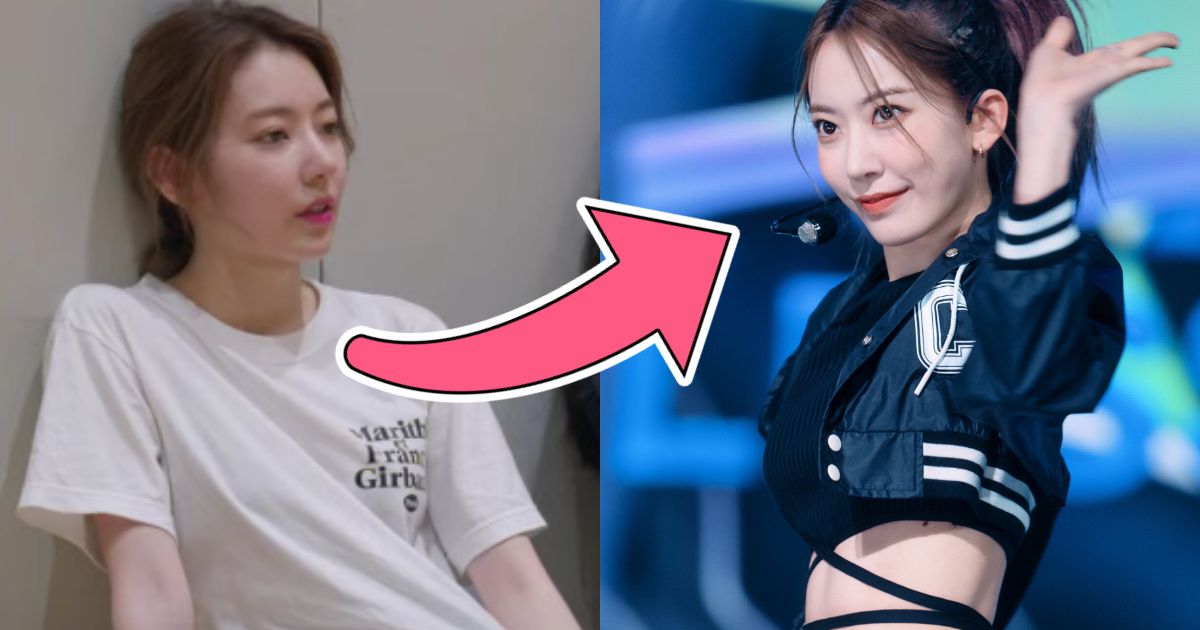
The daily schedule of a K-pop idol is notoriously packed, leaving little time for relaxation. On a typical day, a K-pop idol may wake up early in the morning for a meeting or rehearsal. This could be followed by hours of practice, whether it’s for an upcoming performance, a recording session, or a photo shoot. Idols often work 12 to 16 hours a day, and this can extend even further during promotions or in the lead-up to a comeback. K-pop idols rarely have full days off, and their time is mostly spent practicing, recording, filming, or attending events.
One of the most common elements of the K-pop idol lifestyle is the intense performance schedule. Idols often perform multiple times a week on various music shows, including popular Korean programs like M Countdown, Inkigayo, and Music Bank. Each performance requires hours of preparation to ensure everything is perfect—from the choreography to the outfits and stage setup. These performances are not just about singing; they require idols to dance with precision and energy while interacting with fans and the camera.
While K-pop idols are often praised for their high-energy performances, it is a lifestyle that takes a toll on their physical and mental well-being. The constant demand to look flawless, to be in top physical shape, and to maintain an upbeat public persona can cause exhaustion, anxiety, and stress. For many idols, sleep becomes a rare luxury, as their schedules often prevent them from getting adequate rest. Despite this, they are expected to appear cheerful and enthusiastic at every event.
The Demands of Fame: Managing Public Image
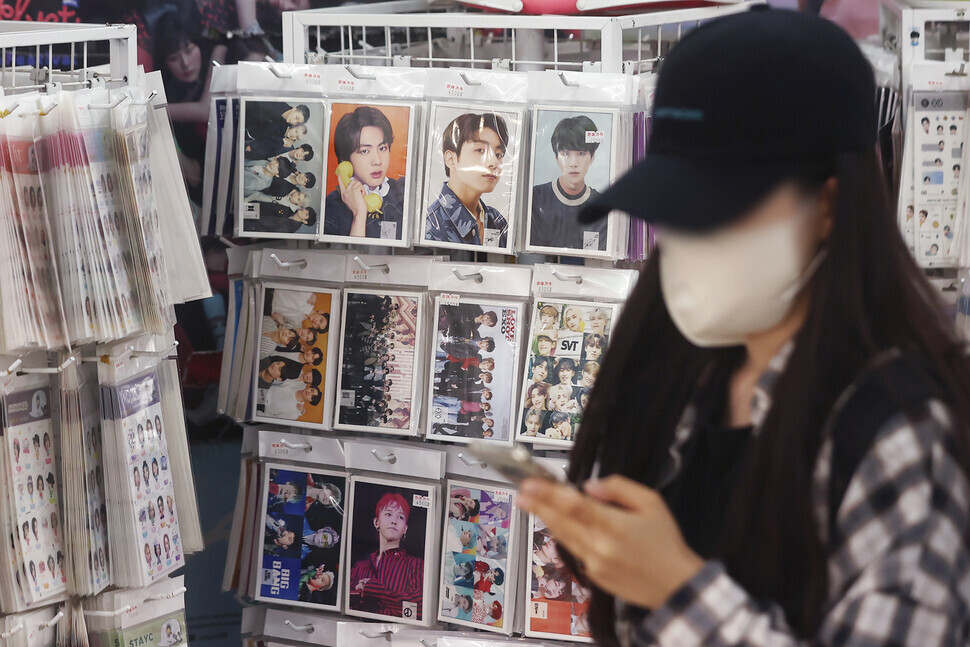
A significant part of the K-pop idol lifestyle is maintaining a public image. Idols are often seen as role models, and their behavior is scrutinized by both the media and fans. From their interactions on social media to their conduct at public events, K-pop idols must always be mindful of how they present themselves. In many ways, their lives are no longer their own, as they are expected to live up to the expectations set by their agency, fans, and the public.
One of the most notable aspects of the K-pop idol lifestyle is the pressure to be “perfect.” Idols are often expected to maintain a specific appearance, whether it’s through dieting, maintaining a certain body type, or adhering to beauty standards. This can lead to extreme measures, including rigorous diets and intense workout regimens. The desire to maintain an ideal image can sometimes lead to unhealthy behaviors, including eating disorders, which have been a point of concern within the industry.
Moreover, the public nature of their lives means that K-pop idols are often thrust into the media spotlight, with little room for privacy. Every detail of their lives—from their romantic relationships to their personal struggles—is often reported in tabloids, leading to constant scrutiny. Fans, while often incredibly supportive, also hold high expectations for their idols, further amplifying the pressure to live up to these ideals.
The K-pop Idol Dorm Life: Living Together in a Bubble
For many K-pop idols, particularly those in groups, living arrangements are a key part of the lifestyle. Idols often live in shared dormitories with their fellow group members. These dorms are typically modest, and the idols are usually required to share rooms and even bathrooms. This shared living situation means that idols must learn to navigate group dynamics and live closely with their colleagues for extended periods. The lack of personal space can be both challenging and rewarding, as it fosters strong bonds between group members.
Living in a dormitory environment also means that idols spend almost all their time together, whether they are rehearsing, eating, or resting. This constant proximity can create a sense of camaraderie but can also lead to tensions and conflicts, especially as the pressures of the K-pop lifestyle mount. Despite the challenges, many idols form deep friendships with their group members, and these relationships often become a major part of their lives.
Mental Health: The Hidden Struggles of K-pop Idols
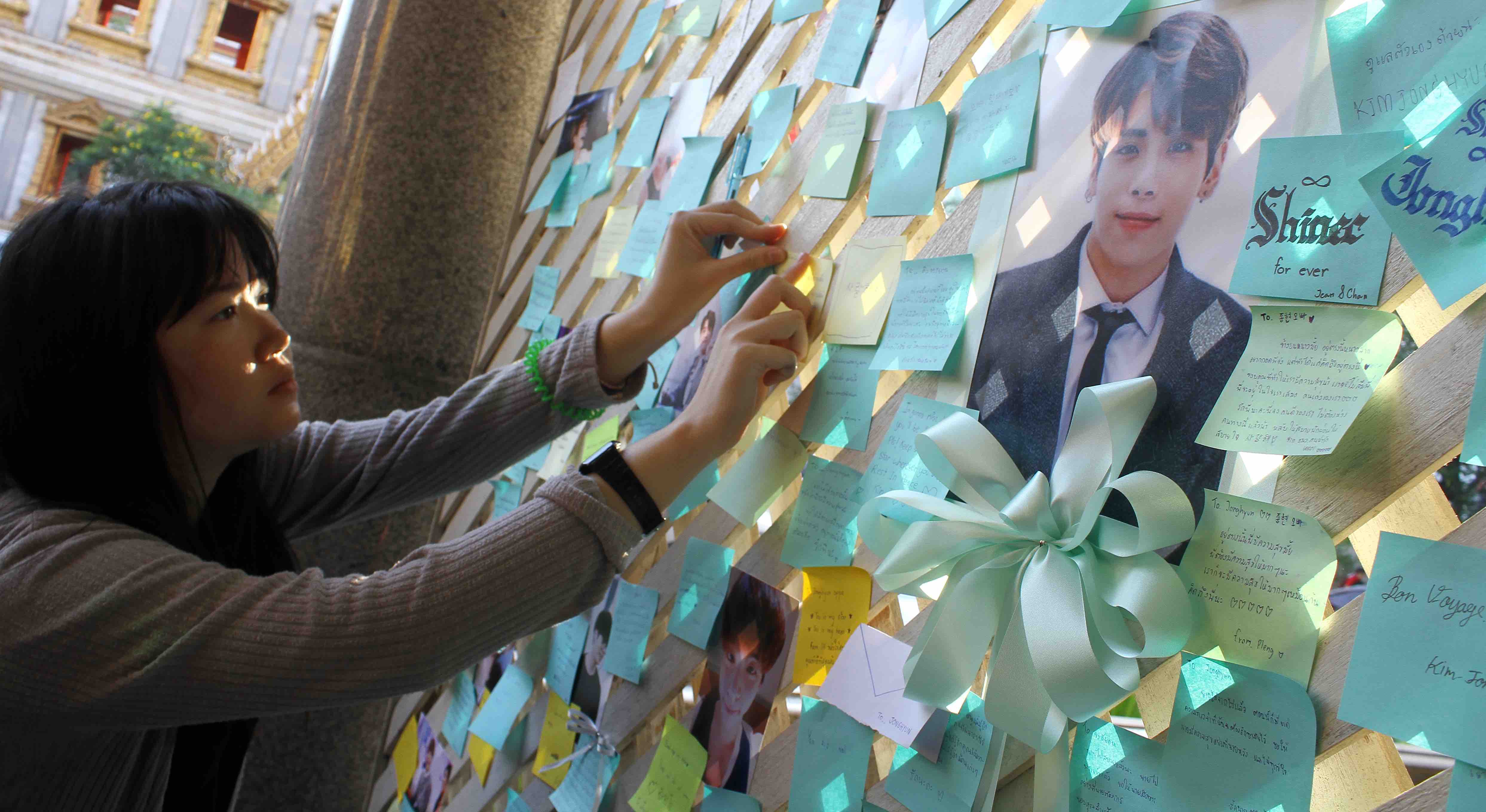
Behind the bright lights and energetic performances, the mental health of K-pop idols is often overlooked. The intense pressure to succeed, maintain a perfect image, and meet the demands of their agency and fans can take a toll on an idol’s mental well-being. Many idols experience anxiety, depression, and burnout, yet they are expected to keep their struggles private. This has led to a growing conversation about mental health in the K-pop industry.
The physical demands of the K-pop idol lifestyle—long hours of practice, sleepless nights, and rigorous dieting—can exacerbate mental health issues. In some cases, idols may resort to unhealthy coping mechanisms, including substance abuse or self-harm. The lack of privacy and constant scrutiny can also make it difficult for idols to find emotional support or escape from the pressures of their careers.
While some idols have begun to speak out about the importance of mental health, it remains a sensitive topic in the K-pop industry. Many idols choose to stay silent about their struggles, fearing backlash or harm to their careers. The industry is slowly becoming more aware of the need for better mental health support for idols, but the path toward change remains long.
The Longevity of a K-pop Career: Burnout and Breaks

The K-pop idol lifestyle, while lucrative and glamorous, is also notoriously short-lived. Many idols debut in their teenage years, and their careers peak within a few years. The pressure to maintain relevance, stay physically fit, and continuously produce hits can lead to burnout. It’s not uncommon for idols to experience fatigue after years of constant work, leading to breaks or even early retirements.
The life cycle of a K-pop career is often marked by a series of comebacks, tours, and promotional activities. For some idols, this may mean being on the road for months at a time, away from family and friends. When burnout occurs, idols are sometimes given a break by their agency, but these breaks are often brief, and the pressure to return to work quickly is high.
However, as K-pop idols mature and their careers progress, some choose to explore other avenues, such as acting, producing, or pursuing solo music careers. This allows them to extend their influence in the entertainment industry while still maintaining their connection to the K-pop scene.
The Rewards: Fame, Wealth, and Global Impact

Despite the demanding and challenging lifestyle, the rewards for K-pop idols can be significant. Many idols achieve international fame and become influential figures in the global entertainment industry. K-pop has opened doors for idols to collaborate with Western artists, attend prestigious events like the Grammys, and even become ambassadors for global brands.
For some idols, the financial rewards are also substantial. They often earn a significant income from album sales, merchandise, concerts, and brand endorsements. This wealth can afford them luxuries, such as expensive cars, designer clothes, and lavish homes. Yet, for many K-pop idols, the true reward is the opportunity to connect with fans and inspire millions around the world.
Conclusion: The K-pop Idol Legacy

The K-pop idol lifestyle is a complex mix of ambition, hard work, sacrifice, and achievement. While the industry has brought great fame and success to many, it also comes with immense pressure and expectations. From the intense training years to the grueling schedules of a debuting group, the life of a K-pop idol is one of constant effort and resilience. As K-pop continues to evolve and expand, so too will the lives of its idols.
READ MORE ABOUT KPOP STORIES AND UPDATES AT OUR SITE LOOPSOCIAL
